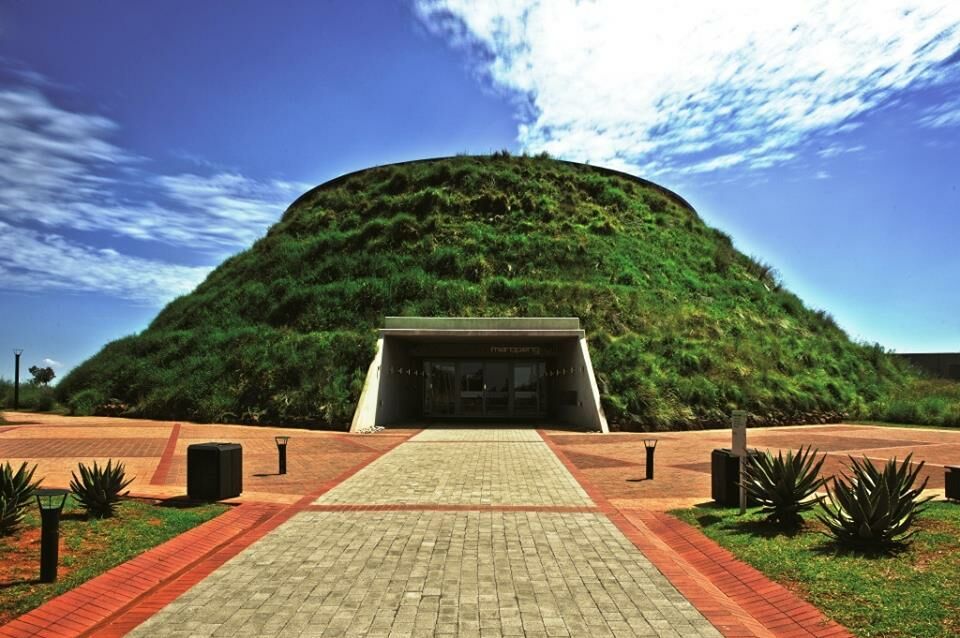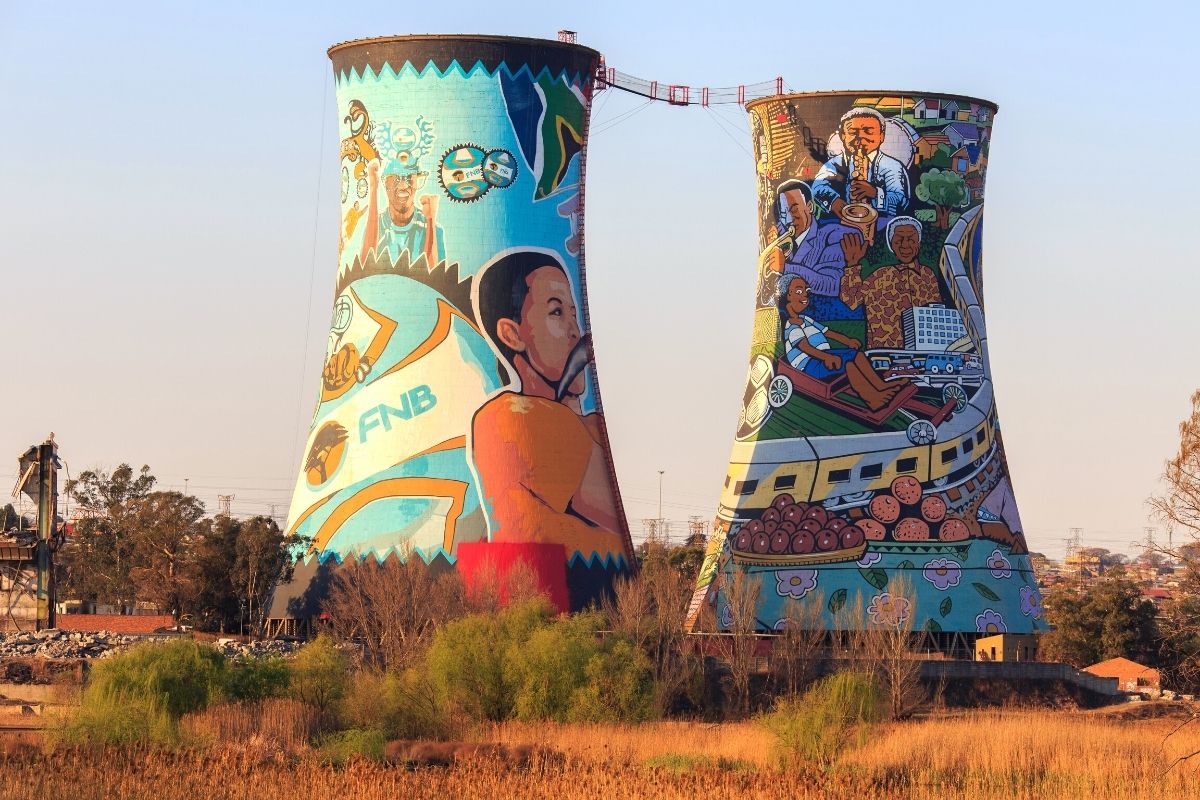Johannesburg North Attractions for Beginners
Wiki Article
Things about Johannesburg North Attractions
Table of ContentsThe Johannesburg North Attractions DiariesJohannesburg North Attractions - The FactsThe Single Strategy To Use For Johannesburg North AttractionsWhat Does Johannesburg North Attractions Do?The Greatest Guide To Johannesburg North AttractionsJohannesburg North Attractions Can Be Fun For Anyone
The city owes its location to the presence of a a lot more priceless resource: gold. The city grew on the side of the Witwatersrand Key Reef, a subterranean stratum of gold-bearing quartz-silica conglomerate that arcs for hundreds of miles beneath the Highveld. Many of the gold mines in the city discontinued procedure in the 1970s, but in its day the Witwatersrand gold industry made up even more than 40 percent of the globe's annual gold manufacturing.Johannesburg has a warm climate. Summertime temperatures balance concerning 75 F (24 C); winter months temperatures balance concerning 55 F (13 C) and just occasionally dip listed below cold. The city delights in about 8 hours of sunlight daily in both winter season and summer season. Rain averages concerning 28 inches (700 millimetres) per annum, but the overall differs significantly from year to year.
What rain the city obtains drops almost exclusively in the summertime months, usually in magnificent late-afternoon electric tornados., where several residents still count on coal for gas.

The Buzz on Johannesburg North Attractions
The equilibrium of the city is occupied by whites. Lodging differs in character and high quality.Physical growth, although somewhat restricted by transport, proceeded quickly as migration to South Africa, and Johannesburg in particular, increased considerably.
Most poor residential areas were combined, with poor blacks and whites living together, although the well-off residential areas were usually reserved for whites. This transformed with the election of the National Celebration in the 1948 elections, who started to formalise the system known as apartheid. Apartheid formally designated which residential areas each race could reside in under the Group Areas Act.
The previous system of eleven numbered areas was reorganised in 2006. Marshalltown, as seen from the top of the Carlton Centre. The M1 and M2 run behind the buildings, and the southern residential areas expand past the highway limit. The central city of Johannesburg is situated within the city's Area F. The number of people living in the inner city on a casual basis is unknown, as lots of are prohibited immigrants. The joblessness, education and learning, and age profiles of the area are all unidentified, due to the difficulty of acquiring trusted details concerning the location.
The 7-Minute Rule for Johannesburg North Attractions
Yeoville and Bellevue have a mix of apartment structures and single residential units on little great deals. The area lies on a hilly divide that ranges from east to west. The most conspicuous geographic attribute is Observatory Ridge, which is named for the big observatory located on it. The recreational spaces are no more utilized, as a result of safety and security problems.
Johannesburg Stadium, a training ground for both the Golden Lions and Orlando Pirates, is nearby. link The eastern suburbs of Johannesburg are situated in the city's 7th [] and 9th [] regions. The area is likewise functionally integrated with East Rand border communities beyond the main border of Johannesburg, such as Bedfordview and Edenvale (both component of Ekurhuleni Metropolitan District).
The Definitive Guide for Johannesburg North Attractions
R. Tambo International Airport Terminal). The eastern suburban areas are a few of the oldest locations of Johannesburg, there are huge neighborhoods of Jewish and other European backgrounds, most of the population is English talking. There are 3 golf links as well as a number of Check This Out secured ridges with viewsites. There are several well-developed and up-market enjoyment and buying locations in the eastern such as the Eastgate Shopping Center and the Greenstone shopping center.The location is primarily made up of old "matchbox" houses, or four-room residences developed by the government, that were built to offer inexpensive holiday accommodation for black employees during racism. Soweto is an abbreviation, standing for "South Western Townships". Road after road around is lined with matchboxes; however, there are a couple of smaller sized locations where prosperous Sowetans have actually built houses that are a lot more comparable in stature with those in even more affluent residential areas.
Hostels are an additional popular physical feature of Soweto. Initially constructed to house male migrant employees, many have been boosted as homes for couples and households. The N1 Western Bypass skirts the eastern limit of Soweto. The suburb was not traditionally enabled to create employment centres within the area, so mostly all of its citizens are travelers to various other parts of the city.
The smart Trick of Johannesburg North Attractions That Nobody is Discussing
The N1 Western Bypass links the northern that site residential areas with the north-western residential areas. The houses in the north residential areas are mainly official, without substantial locations of informal real estate, or real estate that lacks a permanent framework. This is a well-known area, there is a trend of land usage adjustment from household to industrial, particularly along main arterial roads and around established nodes.Roadways to the eastern and west are less well established, as there are no freeways travelling in that direction. In the direction of the north border of the city, the thickness of development lowers, leaving huge locations of untaught land around Midrand.
Indicators on Johannesburg North Attractions You Should Know
, which is located on a hillside overlooking the internal city and Hillbrow.Report this wiki page